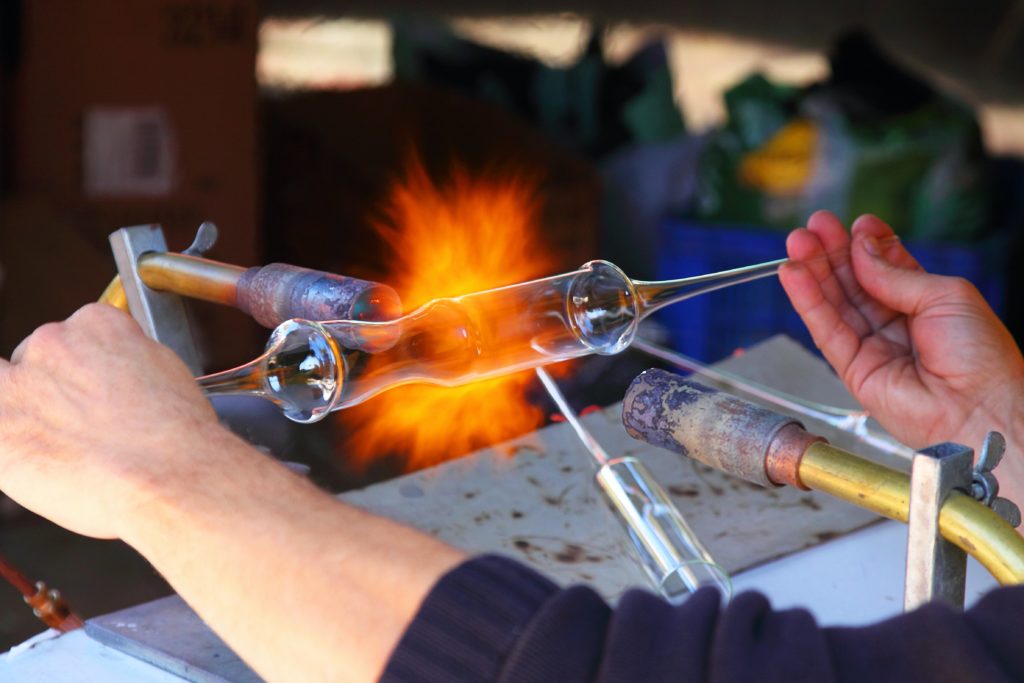Have you avoided treatment fearing it would subdue your talent?

This is a very real concern for some intelligent, talented people who suffer from certain disorders. The idea that suffering yields brilliant satire, beautiful music, heartbreaking poetry, and dazzling art that enrich mankind. It’s been a subject of controversy for eons. But is it true? If your treatment suffocates creativity, you can do something about that.
We speculate about the connection between artistic genius and depression or bipolar disorder. Theories emerged that Vincent Van Gogh’s severe depression. He suffered serious bouts of anxiety, and possibly suffered from bipolar disorder.
He self-medicated with alcohol… Of course, no medical treatment was available for his symptoms.
Ludwig von Beethoven stands as another historic creative genius we celebrate who suffered from bipolar disorder. Were his enthralling symphonies created by his illness?
Franz Haydn, his teacher and fellow composer, had remarkable words for him as he was getting to know him. “”You will accomplish more than has ever been accomplished,” he said. “You’ll have thoughts that no other has had. You will never sacrifice a beautiful idea to a tyrannical rule, and in that you will be right…”
He was brilliant…there’s no question. And some would argue that brilliance and bipolar disorder sometimes go together. And he grew deaf. A tragedy for a musical genius. His behaviors as reported by his peers may have been indicative of depression. Maybe bipolar disorder.
Still can you imagine his frustration at not hearing his own music?
We must remember that our belief in the presence of a diagnosis of these figures in history is conjecture. That we’re basing our views on what we read about them, what their contemporaries said about them. And we try to piece together the puzzle pieces.
So, if you’ve experienced severe bipolar I disorder, you may relate to some of these recollections of tormented icons. Their symptoms may seem pretty familiar to you.
Again, there was no effective treatment available to him at that time, so we can only wonder.
To learn whether treatment suffocates creativity, we have to fast-forward to the most recent 30 years of psychiatric treatment…and even better, the last five.
In the days when Prozac was such a breakthrough, and then Paxil, I remember someone describing the way she felt. She said it was like she was “coated in wax.”

The early SRIs, and later the SNRIs, provided so much help to depressed people that they were considered a breakthrough at the time. People would joke, “the city needs to add Prozac to the drinking water. It could quite possibly solve all of society’s problems!”
With time, we learned that these medications made a dramatic difference in quality of life for about 33% of those who suffered, and with some tweaking, titrating, and blending, over time that number increased to 50-65%.
But, eventually, it turned out that these medications weren’t always as remarkable as they seemed.
There were plenty of people who stopped taking the medications because of the side effects of weight gain, sexual dysfunction, and more. Plenty of others continued to take them and gained the weight and lived with the reduced sexual drive for the sake of functioning in their lives.
Of the creatives who took these medications, some claimed the medicine impeded their creativity, while others found that with a clear mind, they could create more effectively.
Those with bipolar disorder often take a mood stabilizer like lithium or depakote, and may experience more stability. But many others need a variety of medications to yield a more stable mood. And many others with bipolar disorder don’t experience any real or lasting relief from these medications.
Does Psychiatric Treatment Suffocate Creativity In All This?
While it wasn’t uncommon to hear patients complain of dampened creativity while taking SRIs and SNRIs, that’s not the case across the board.
Some who are treated for severe depression are relieved to discover they are able to be creative again. Others, not so much. It varies between people and can also depend on the symptoms.
And creativity and bipolar disorder share some genetic links, as well as some deviations from typical ways of thinking. Creativity includes new thoughts, original ideas, and freshness in composition of art, music, construction, etc.

Still, neuroscience research reveals that the most productive creativity in someone with bipolar disorder happens when that person is in a non-extreme state, or euthymic period, or a hypomanic period.
So, what about the last 5 years?
Ketamine Treatment Doesn’t Suffocate Creativity
Not only is ketamine treatment effective in treating depression and bipolar depression in far more people than SRIs or SNRIs, but it can actually enhance creativity. It’s in a category all its own.
Ketamine treatment’s extraordinarily rapid and robust effects can proliferate the brain cell connections and the communication between different parts of the brain. These benefits can expand so dramatically that you can, and likely will, find yourself in a remission that defies all logic.
A kind of remission that finds you catching up on all the chores you’ve avoided for the last several years, advancing your career in ways you’d never thought about before, building strong, healthy relationships, and having fun…I mean really having fun.
You can wake up singing songs that may have followed you while you dreamed, dancing spontaneously while you get your coffee. You may find yourself immersed in joy.
Of course, ketamine treatment doesn’t do all this for every single person treated with it, but these benefits are widespread and common. There are a handful of sufferers who don’t enjoy these outcomes, but the vast majority do.
In this day and age, on the brink of life changing treatments for severe psychiatric suffering, you have the opportunity to enjoy singing, dancing, and loving.
Watch the Clouds Part and the Sun Radiate Into Your Life
At Innovative Psychiatry, we celebrate with our patients as they taste of a brightness of life and a hope that had always alluded them before. We provide ketamine treatment in a pandemic-safe, cautious protocol that protects our patients and our staff.

With this exacerbated environment for increased depression related to the pandemic, it’s more important than ever to give yourself the additional support of a treatment that can renew your emotional energy and your patience to cope.
Does psychiatric treatment suffocate creativity? No…it doesn’t have to.
If you’ve feared treatment because you fear losing your creative edge, call us.
We’re here to help you open your doors and windows to let the light of your gifts shine through.

To the restoration of your best self,

It’s so comforting reading this because I thought I was the only one with this concern. I guess that’s the narcissist in me. Lol